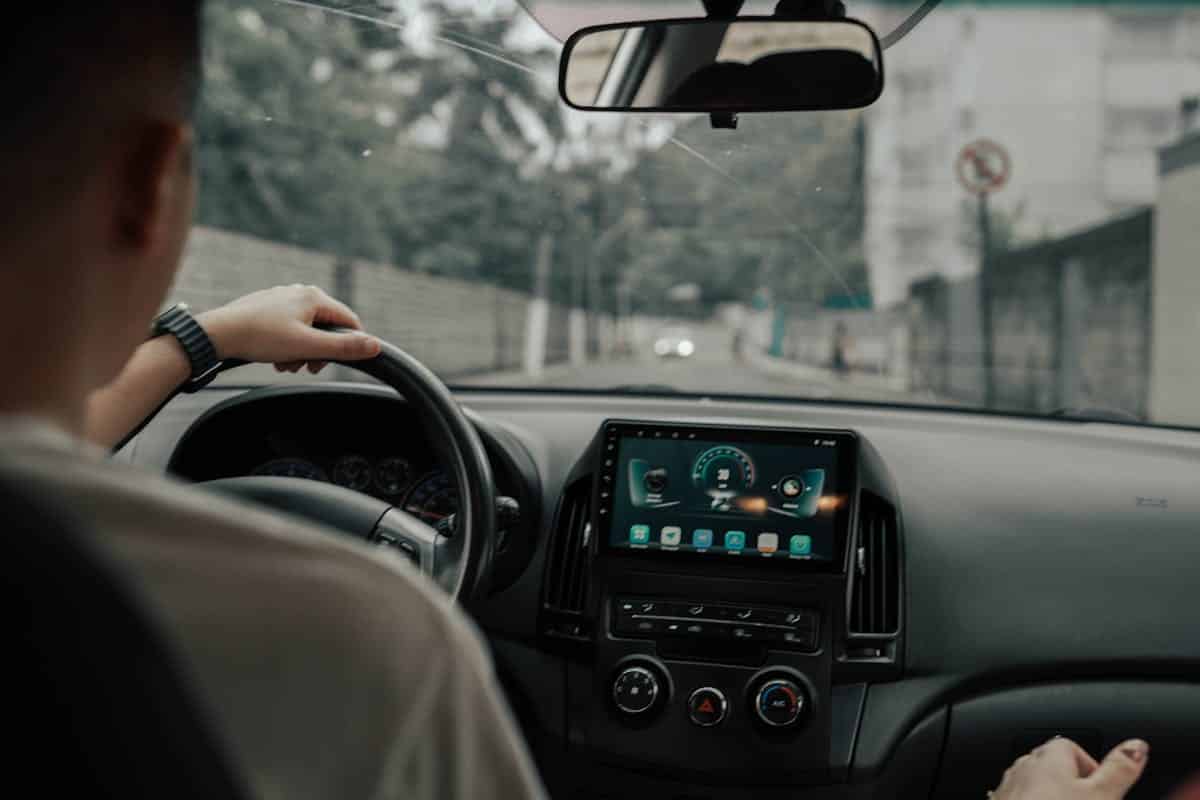Everyone knows driving under the influence of drugs or alcohol or while using a cellphone negatively affects driving ability. Distracted driving is responsible for as many as 4,000 deaths a year and 35% of those are due to cellphone use. However, the effect of stress on driving ability is often overlooked. Stress causes cognitive overload, which impairs driving ability and leads to distracted driving. Some of the indicators of cognitive overload include an inability to react quickly when necessary, increased speeding from lack of attention, aggressive driving, road rage and erratic behavior on the road.
Stress Impacts the Mind and Body
Stress is a psychological and physical tension. It causes emotional issues, including feeling overwhelmed and irritable. Stress can also impact a driver physically. For example, muscle tension impairs the ability to handle the vehicle. The mental, emotional and physical impacts of stress make it extremely difficult to concentrate on driving. The act of driving requires near-total concentration because the driver may need to quickly adapt to unexpected road conditions, hazards or situations like accidents or other drivers driving recklessly.
There are many causes of stress, but even the act of driving can produce a level of stress if the driving environment is challenging to maneuver. If a driver is already stressed due to work or personal issues when getting behind the wheel, the stress is increased exponentially when there is an event like a traffic jam. A high level of stress causes hypercognitive overload as the driver is processing the emotional impacts of stress and the demands of driving.
Increasing the Probability of an Accident Due to Distracted Driving
With as many as 4000 deaths a year caused by distracted driving, states have enacted laws to address the issue. In Washington, distracted driving laws explicitly prohibit cell phone use as well as behaviors such as eating and putting on make-up. Stress can be just as dangerous behind the wheel, but laws cannot regulate a driver who is emotionally distracted.
Research has found that driver stress can increase the probability of a vehicle collision accident by 10-fold. The cognitive overload or distraction typically leads to three types of behaviors.
- Drivers are thinking about work or personal issues rather than paying attention to the road, and their driving becomes erratic and dangerous.
- Emotional drivers are more likely to become impatient and frustrated, sometimes leading to driving aggressively and experiencing road rage directed at other drivers.
- The stressed driver or driver on cognitive overload “zones out” while driving, meaning the driver is unaware of surroundings due to mental disengagement, increasing safety risks.
The National Highway Safety Administration considers distracted driving as anything that diverts a driver’s attention. There were 3,275 people killed in vehicle crashes in 2023 that involved distracted drivers, and the NHSA acknowledges that stress is one factor.
Strategies for Avoiding Distracted Driving
When experiencing stress or emotional turmoil, maintaining attentive driving can be challenging. The following are some of the strategies drivers use to stay focused.
- One effective and simple strategy for reducing stress while driving is to plan ahead. For example, have alternate routes in mind and allow enough time to reach a destination. Also, check apps for road conditions or obstacles.
- Many vehicles today have driver assistance technology systems. Ensure they are turned on, but do not rely solely on the systems. They are designed to prevent accidents or make driving easier, but not to replace the need for driver attention and control. Technology has limitations, such as sensor functioning being negatively affected by weather conditions.
- Avoid talking on the cell phone, even if it is a hands-free system. Hands-free phones do not eliminate cognitive distraction, according to the National Safety Council. The act of listening and responding to a distant voice on a phone impairs driving and reduces the reaction time necessary to respond to driving events safely. Also, some conversations may increase stress or evoke unwanted emotions. Getting angry with someone while driving is highly distracting. The ideal plan is to turn the phone off while driving.
- Listen to enjoyable and soothing music while driving. Avoid listening to anything that may increase stress levels, like newscasts or podcasts.
- Take steps to minimize unwanted stressful vehicle events. Keep the vehicle filled with gas, the electric battery charged, and vehicle maintenance updated.
- Learn not to overreact if another driver causes issues, like tailgating or weaving through traffic. Getting angry when already experiencing stress or emotional agitation will likely not end well. Instead, pull off the road or the interstate, or gradually reduce speed and move out of the way if possible so that the tailgater can pass.
It is easy to become a distracted driver when stressed or emotionally upset. It is also easy to use a vehicle or a traffic situation to try to relieve stress and negative emotions. Everything is connected – feeling stress, experiencing emotional turmoil, distracted driving, responses to road conditions and events and increased risks of accidents. It is incumbent on the driver to do what it takes to avoid distracted driving.


